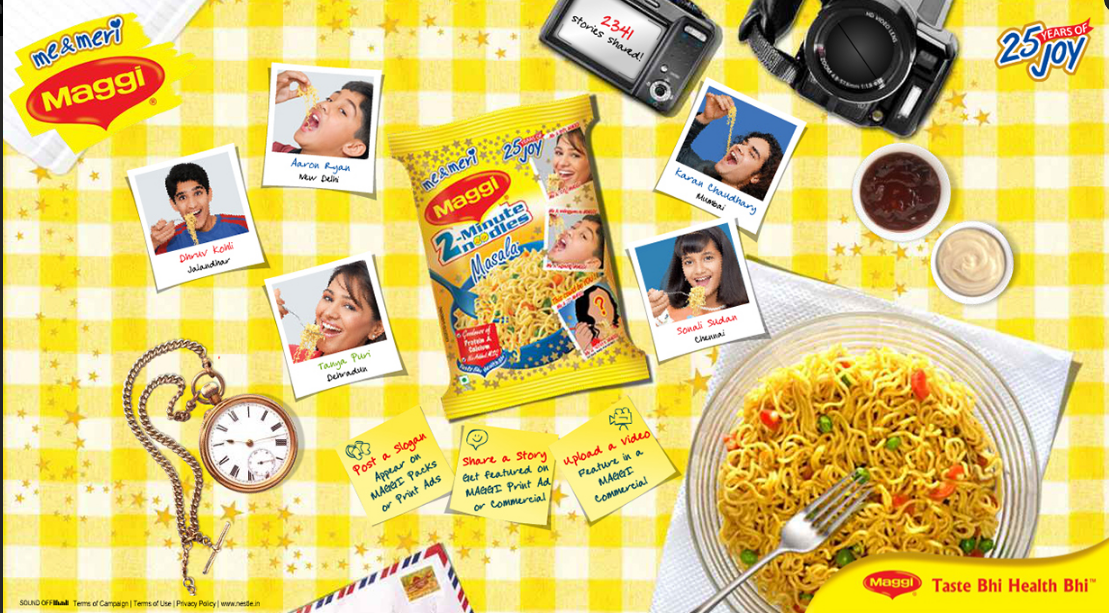the ompet manufacturing plant will be located next to orpic and will consume all of the paraxylene produced by orpic&rsquos aromatics unit. photo suppliedmuscat sohar port and freezone has struck a deal with oman international petrochemical industry company ompet to build a fully renewable manufacturing facility that will produce 1.5 million tonnes of environmentallyfriendly packaging materials.the plant will complement the port&39s existing petrochemicals supply chain, and will feed into a global beverage industry that is currently valued at approximately 1.3 trillion.the agreement will see ompet lease a 330,000squaremetre land at sohar for the production of 250 kilotons of polyethylene terephthalate pet, which is used to manufacture bottles that are primarily used to package soft drinks and singleserve beverages.pet can also be recycled for use in producing anything from polyester clothing, to sleeping bag insulation and carpeting. once fully operational, the new facility will create 300 direct jobs and produce 1.1 million tonnes of purified terephthalic acid pta &mdash the raw material used to produce pet.in a further bid to ensure the longterm sustainability of the project, the ompet manufacturing plant will be located next to oman oil refineries and petroleum industries company orpic and will consume all of the paraxylene produced by orpic&39s aromatics unit. paraxylene is a key ingredient in producing fully renewable pta and, together with a global distribution centre that will be also built, the ompet plant is just one of five brand new facilities to be added to sohar&39s petrochemical cluster over the next five years."we are delighted to have finalised a deal with ompet to lease a significant part of the port for producing renewable packaging materials. demand for pet packaging globally reached 12 million tonnes in 2010, and this will continue to grow to around 20 million by 2019," said sohar chief executive officer, andre toet."while the processes and technology to produce environmentallyfriendly packaging have been around for some time, we believe that sohar possesses the raw materials, energy, and ideal location to capitalise on encouraging market trends, and produce and distribute it on a global commercial scale," he added."not only is it essential for the local economy that we continue to attract global players in growing markets, but the plant will also have extremely important implications for climate change and the environment."according to research published by leading food and beverage specialist foodbev media, a halflitre plastic water bottle uses as little as 9.2 grams of pet, nearly 40 per cent less than the average amount just a few years ago. lightweight pet bottles also require fewer raw materials to produce, less fuel for transport, and are still completely recyclable. similarly, the manufacturing and transportation of pet containers has far lower greenhouse gas emissions and energy consumption than aluminium and glass alternatives.however, one of the biggest values the plant will add to the economy will be the extent to which it replaces many of the foreign imports currently used to produce pet, with locallysourced raw materials. the growth of supporting industries is also expected to multiply employment by five times the number of direct jobs created, and sohar ceo freezone jamal aziz declared that the timing of the deal couldn&39t be better."as well as bottles, pet can be used within electrical, automotive, and consumer appliance industries &mdash many of which already have strong business interests in sohar. on top of that, the gulf region is close to becoming a net exporter of pet products, and could soon have a surplus of 1 million tonnes," toet said."we want to be a contributor to that surplus, and to help oman become a byword for high quality pet exports. as we continue to accommodate the commercial traffic from muscat, we are also aware of the opportunities that will come as a result of increasing demand, particularly in the gulf and asiapacific."according to global business intelligence, the demand for flexible pet bottles has been driven largely by fmcg and pharmaceutical industries, and grew at a compound annual growth rate of 7 per cent over the last decade. production is projected to grow by 6.4 per cent, to 23 million tonnes by 2020, and almost half of this demand came from the asiapacific. global pet production was valued at 29 billion in 2013.share share on facebookshare on twittershare on googleshare on emailmore sharing services 






